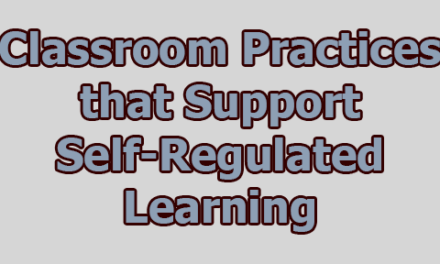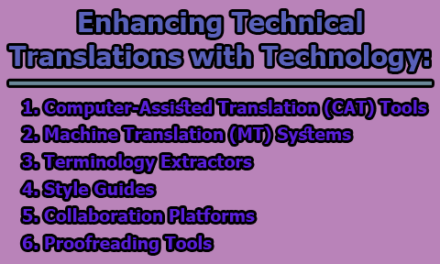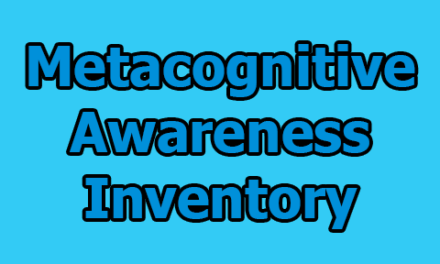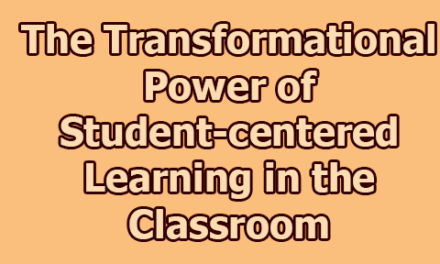Impact of MOOCs on Developing Countries:
The impact of Massive Open Online Courses (MOOCs) on developing countries is a multifaceted and dynamic phenomenon. MOOCs are online courses that are accessible to a large number of learners around the world, often for free or at a significantly lower cost than traditional education. Their potential to transform education and provide opportunities for individuals in developing countries is significant. Here is an exploration of the impact of MOOCs on developing countries:
1. Increased Access to Education: MOOCs have the capacity to revolutionize education by breaking down geographical barriers. They are accessible through the Internet, which means anyone with an Internet connection can access courses from anywhere in the world. This is particularly significant in developing countries where access to quality education is often limited, especially in rural or remote areas. MOOCs make it possible for individuals in these regions to access educational content that was previously out of reach. Governments and organizations in developing countries can leverage MOOCs to provide education and training to underserved populations, thereby addressing issues related to educational inequality.
2. Affordability: MOOCs are known for their affordability. Many MOOC platforms offer free courses, while others charge a nominal fee for certificates or advanced features. This affordability is a game-changer for individuals in developing countries where the cost of traditional higher education can be prohibitive. MOOCs allow learners to acquire knowledge and skills without accumulating significant debt. Moreover, the savings on tuition fees can be redirected toward other essential needs, such as housing, food, and healthcare.
3. Diverse Course Offerings: MOOC platforms host a wide variety of courses, ranging from introductory level to advanced and specialized subjects. Learners in developing countries can choose from a vast array of topics, including computer science, business, languages, and more. This diversity of course offerings enables individuals to explore their interests and acquire knowledge and skills that are relevant to their personal and career goals. For instance, a learner in a developing country may take a free course in programming, equipping them with valuable skills that can lead to employment opportunities in the technology sector.
4. Flexible Learning: MOOCs offer flexibility in terms of when and where learning occurs. Learners can access course materials and complete assignments at their own pace, making it feasible for those with work commitments or family responsibilities to pursue education. This flexibility accommodates the diverse needs of learners in developing countries, where individuals often juggle multiple responsibilities. It also allows for asynchronous learning, meaning students do not need to be online at specific times, making it easier to balance education with other life commitments.
5. Skill Development: Many MOOCs focus on practical skills that are in demand in the job market. This is particularly valuable in developing countries, where there may be a shortage of skilled workers in certain industries. For instance, MOOCs offering courses in coding, digital marketing, or data analysis can help individuals acquire job-ready skills that are highly sought after by employers. By developing these skills, learners can improve their employability and contribute to economic growth in their countries by filling skill gaps in critical sectors. This can also lead to higher income potential for individuals and improved living standards.
6. Global Networking: MOOCs create a global classroom where learners from diverse backgrounds can connect and collaborate. This global networking is a unique feature that enriches the learning experience. In developing countries, this aspect of MOOCs is particularly valuable as it exposes learners to different cultures, perspectives, and ideas. It helps break down cultural barriers and promotes a more global outlook. Global networking can also lead to international collaborations and opportunities, including participation in research projects, conferences, and job placements abroad, which can be transformative for individuals in developing countries.
7. Capacity Building: Developing countries often face challenges related to the capacity of their educators and professionals. MOOCs can be used as a tool for capacity building by providing access to high-quality, up-to-date educational content. Governments and organizations can use MOOCs to train teachers, healthcare workers, and other professionals, ensuring they have the latest knowledge and skills to perform their roles effectively. This capacity building can have a ripple effect on the quality of services provided in areas such as healthcare, education, and infrastructure development.
8. Supporting Lifelong Learning: MOOCs promote the concept of lifelong learning, emphasizing that education is not limited to a specific age or stage in life. This is especially important in a rapidly changing world. In developing countries, where the job market can be volatile and industries evolve quickly, the ability to adapt and learn continuously is a valuable asset. MOOCs encourage individuals to stay updated with new skills and knowledge throughout their careers. Lifelong learning can lead to improved employability, career advancement, and personal development.
9. Challenges: While MOOCs offer numerous advantages, they also come with challenges in developing countries. One significant challenge is limited access to high-speed internet and digital devices in some regions. Inadequate infrastructure, electricity shortages, and digital illiteracy can hinder the effective use of MOOCs. Addressing these challenges is essential to ensure that MOOCs can reach their full potential. Governments and organizations must invest in digital infrastructure and provide support for digital literacy programs to overcome these obstacles.
10. Quality Assurance: Ensuring the quality of education delivered through MOOCs is an ongoing concern. It’s crucial to verify that the skills and knowledge acquired through online courses are recognized and valued by employers and educational institutions. Developing countries may need to establish mechanisms for accrediting MOOC-based learning and aligning it with their national education and certification systems. Collaboration between MOOC providers, educational institutions, and government agencies can help establish standards and ensure that MOOCs maintain a high level of quality and relevance.
In conclusion, MOOCs have the potential to significantly impact developing countries by expanding access to education, improving affordability, and offering diverse learning opportunities. However, addressing the challenges associated with digital infrastructure and ensuring the quality of education delivered through MOOCs are essential steps in maximizing their positive impact on developing nations.

Library Lecturer at Nurul Amin Degree College










